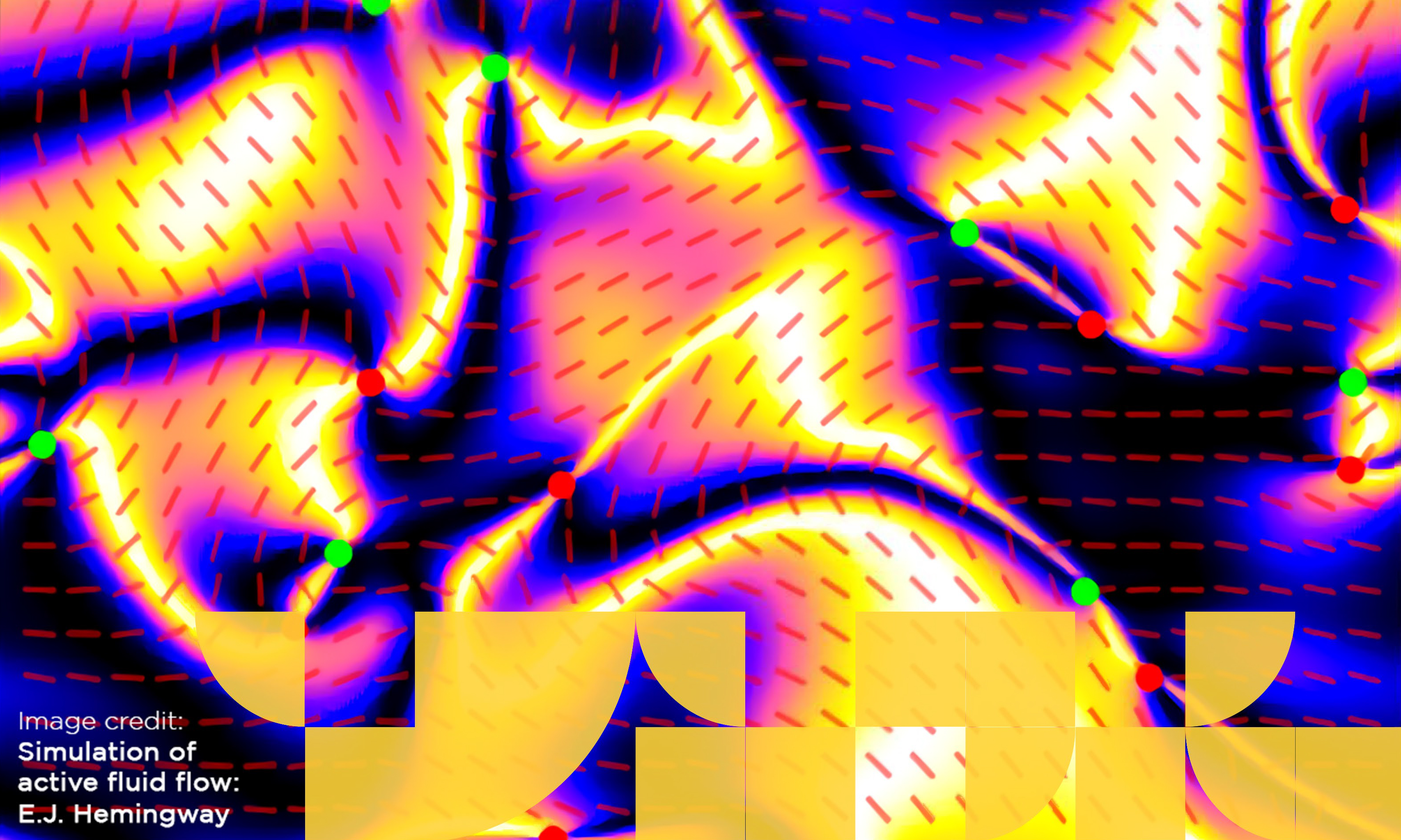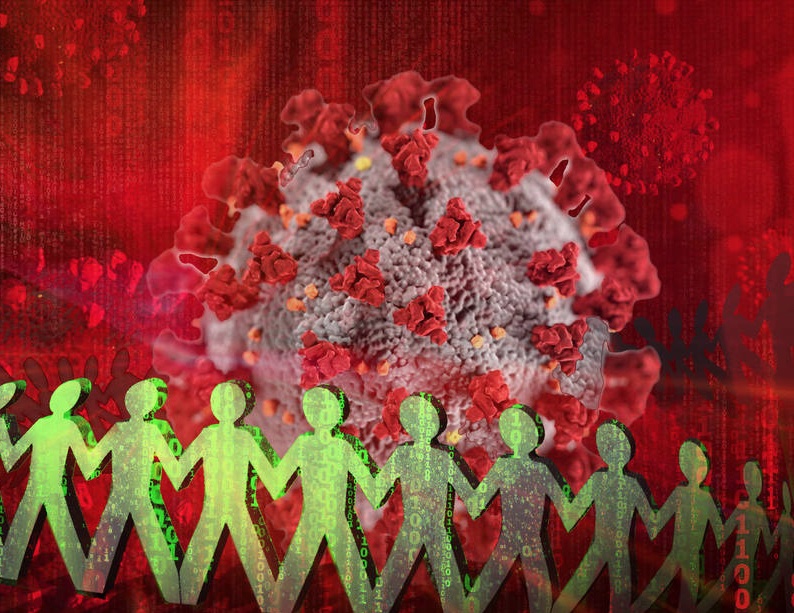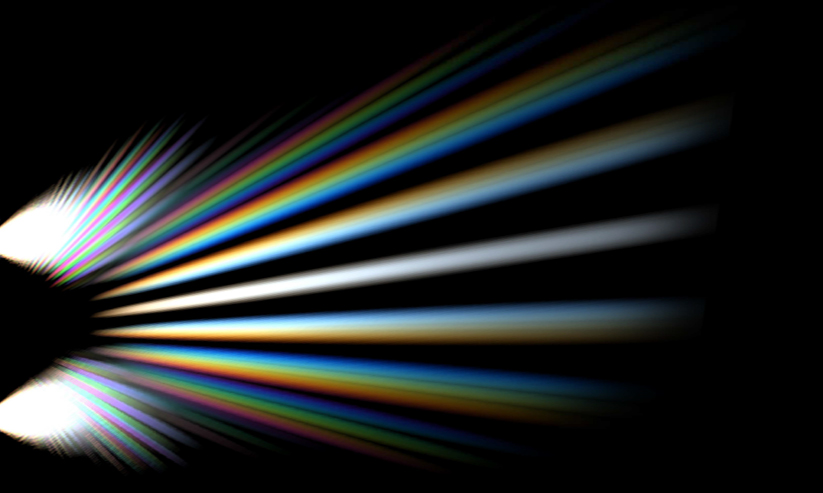The Annual Christmas Lectures
The department traditionally holds a public lecture every Christmas and invites local schools to come along and learn from some of our leading academics about the science we do and the issues it affects.
The 2024 Christmas Lecture
Space: Shaping Tomorrow’s World
Speaker: Professor James Osborn, Director of Durham University Space Research Centre
Location: Dawson Building 17 & 18 Dec 2024
Space is already a crucial part of our everyday lives from checking the weather report, hitting ‘buy now’ or calling family at home. Recent developments are making space more accessible as we move from large, expensive, state-driven missions to smaller, low-cost satellites developed by private companies.
In this lecture, we will explore these developments in space, and discuss what this might mean for our lives, our planet and future generations. We will also consider why space is critical for our everyday quality of life, to protect the planet and discover the future of space for all humankind.
Previous Christmas Lecture videos
2024 Space: Shaping Tomorrow’s World
Space is already a crucial part of our everyday lives from checking the weather report, hitting ‘buy now’ or calling family at home. Recent developments are making space more accessible as we move from large, expensive, state-driven missions to small
2022 Quantum Gravity: A Journey to the Event Horizon
Dr Alex Peach
December 13 + 14 2pm Online only
“Quantum Gravity: A Journey to the Event Horizon” will take us on a whirlwind tour of Gravity, Black Holes, and all things Quantum. We’ll fly through extra-dimensions with String theory, swim about in quantum foam with Loop Quantum gravity and peak into the unseen realm of Dark Matter.

2021 Soft matters! When solids flow and liquids jam
Professor Suzanne Fielding
December 14 + 15 2pm Online only
This lecture will explore the fascinating physics of soft materials that defy our everyday ideas of solid and liquid: from familiar household liquidsthat jam up when stirred too vigorously, to solids that yield and flow under large enough loads, and materials that bounce on short timescales ye flow on longer timescales.
Along the way we will encounter avalanches and mudslides; traffic jams and log jams; complicated turbulent flows; and biological tissues, swarming bacteria, shoals of fish and flocks of birds.

2020 How to build an epidemics simulation
Professor Frank Krauss
December 14 + 15 2pm Online only
How do we simulate the spread of epidemics in the population? 66 million people live in the UK. Informed by data, we constructed a model to simulate the spread of the disease in the population. We will discuss how we translated census and other data into virtual people and their behaviour. In our simulation, infected people transmit the virtual virus - SARS-CoV-2 - through social contacts which we model carefully. We will demonstrate how we create these contacts and the measures to control the spread of the virus.
2019 The Worm Who Lived Forever?
Dr Chris Saunter
December 2019
Ageing is one of the defining aspects of humanity as a species and as individuals. Despite the role of ageing in our lives, there is no detailed understanding of how the many different and complicated processes involved work together to age us. This will change one day, as the last 20 years has seen continuous growth in scientific research aimed at understanding and then slowing ageing.
We are building a “Healthspan Machine” in Durham. This studies the effects of compounds designed to increase lifespan and healthspan on the nematode worm C. elegans, where healthspan is the period of an animal’s life for which it remains healthy. This machine uses hundreds of Raspberry Pi computers and cameras to track the motion of tens of thousands of worms during their few weeks of life, providing researchers with high quality data measuring the effects of their work.
This talk will look at the scientific and ethical context of lifespan and healthspan extension, the role of C. elegans and our healthspan machine in studying aging, and how the explosive growth in computer power has contributed to building a healthspan machine.

2018 The mystery and mastery of photons
Professor Charles S. Adams
December 17 + 18 2018
We know that light is made of photons, considered to be one of the fundamental constituents of the Universe. Being inherently quantal, photons inherit all the mystery of our quantum World, but oddly this quantumness remains remarkably elusive and controlling individual photons remains tricky. This lecture will demonstrate some of the mysterious properties of photons and consider what might be possible if we can control them.
Previous lectures in this series
| Year | Lecturer | Title of Lecture |
|
2023 |
Prof Ifan Hughes & Dr Steven Wrathmall | Decoding the Spectrum: Saving Civilisation from Solar Storms |
|
2022 |
Dr Alex Peach | Quantum Gravity: A Journey to the Event Horizon |
|
2021 |
Prof Suzanne Fielding | Soft matters! When solids flow and liquids jam |
|
2020 |
Prof Frank Krauss | How to build an epidemics simulation |
|
2019 |
Dr Chris Saunter | The Worm who lived forever? |
| 2018 | Prof Charles Adams | The Mystery and Mastery of Photons |
| 2017 | Professor Martin Ward | The James Webb Space Telescope |
|
2016 |
Prof Ruth Gregory | The Decay of the Universe |
|
2015 |
Prof Tom McLiesh |
The Subtle Science of Soft Slimy Stuff! |
|
2014 |
Dr Pete Edwards |
|
| 2013 | Dr Del Atkinson | Thanks for the memory - From hard rocks to hard disks: How magnetic information changed the world |
| 2012 | Prof P Richardson | 2012: The year of the Higgs Boson |
| 2011 | Prof M Ward | The Ultimate Fate of the Universe |
| 2010 | Prof B K Tanner | Sounds Fantastic |
| 2009 | Prof J Girkin | Making light work for Doctors |
| 2008 | Dr G Love | Light: Skies, Eyes and Spies |
| 2007 | Prof G Weiglein | 'The LHC - Exploring the mysteries of matter, space and time' |
| 2006 | Dr M R C Hunt | Nanotechnology: the next big thing is small |
| 2005 | Dr C Done | Extrasolar planets and extraterrestrial life |
| 2004 | Dr I G Hughes | Cool things to do with lasers |
| 2003 | Dr P J Edwards | A recipe for the universe |
| 2002 | Prof E W N Glover | The hunt for the Higgs |
| 2001 | Dr R P Cowburn | The incredible shrinking world of nanotechnology |
| 2000 | Dr C Done | Black holes - fact, fiction or fantasy? |
| 1999 | Prof R L Davies | New eyes on the universe: telescopes for the millennium |
| 1998 | Dr P D Hatton | Superconductivity: money, science and applications |
| 1997 | Prof D R Flower | Galactic nebulae |
| 1996 | Prof A D Martin | Neutrinos |
| 1995 | Dr R M Sharples | New light from the cosmos - astronomical technology in the 1990's |
| 1994 | Dr A P Monkman | A practical guide to lasers |
| 1993 | Dr T Shanks | Einstein's universe |
| 1992 | Prof W J Stirling | The fundamental particles - the building blocks of matter |
| 1991 | Dr C S Frenk | The universe: What is the matter? |
| 1990 | Prof B K Tanner | In record time |
| 1989 | Prof A W Wolfendale | Where do cosmic rays come from? |
| 1988 | Dr C J Maxwell | Hunting elementary particles |
| 1987 | Dr B K Tanner & Dr N R Berhoeft | There is no resisting a semiconductor |
| 1986 | Dr T Shanks & Dr J R Lucey | Stepping out into the universe |
| 1985 | Dr D R Flower | Interstellar matter |
| 1984 | Dr K E Turver | Very energetic gamma ray astronomy |
| 1983 | Dr B K Tanner & Dr S R Hoon | Magnetic fluids |
| 1982 | Dr F D Gault | Elementary particle physics: a GUT response |
| 1981 | Prof A W Wolfendale | The new astronomies |
| 1980 | Dr B K Tanner & Dr Dr S R Hoon | The physics of music |
| 1979 | Dr R Fong | Einstein's universe |
| 1978 | Dr J M Breare & Dr A D Martin | What are we made of? |
| 1977 | Dr J V Major & Dr K J Orford | Resonance revealed |
| 1976 | Dr B K Tanner & Dr W D Corner | A magnetic attraction |
| 1975 | Dr K J Orford | Energy conversion |


/prod01/prodbucket01/media/durham-university/departments-/physics/major-lecture-series/Hero-Header-bg-image.jpg)
.JPG)


